Synopsis
Microscopes continue to develop over time, giving us access to increasingly incredible magnification.
- Programme: Bitesize Science
- Channel: BBC Two
- Broadcast year: 2014
- Biology | Cell biology | Cells | Microscopy
Licence: ERA Licence required
UK only
Staff and students of licensed education establishments only
Cannot be adapted
Add Notes
More clips from Bitesize Science
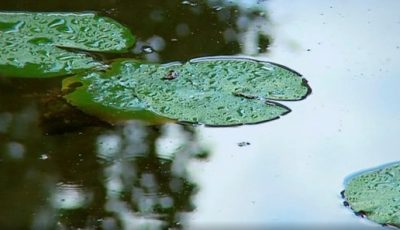
All life needs water | Bitesize Science
All life needs water | Bitesize Science
Osmosis is a special type of diffusion, involving water, where molecules move from a high to a low concentration.

Blood Vessels | Bitesize Science
Blood Vessels | Bitesize Science
A short guide on blood vessels in the body.
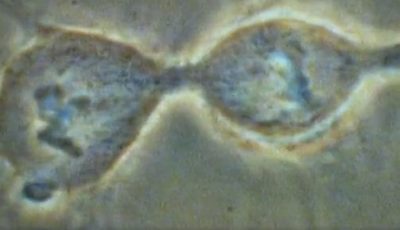
Dance of the chromosomes | Bitesize Science
Dance of the chromosomes | Bitesize Science
Mitosis is a type of cell replication that is essential to the human body's ability to grow and repair.
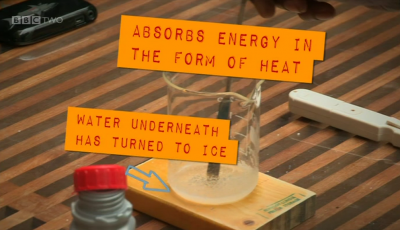
Endothermic and exothermic reactions | Bitesize Science
Endothermic and exothermic reactions | Bitesize Science
Endothermic reactions absorb heat, while exothermic reactions give off heat.

Enzyme power and food as fuel | Bitesize Science
Enzyme power and food as fuel | Bitesize Science
Enzymes are biological catalysts which help us to get the energy we need from food to survive.
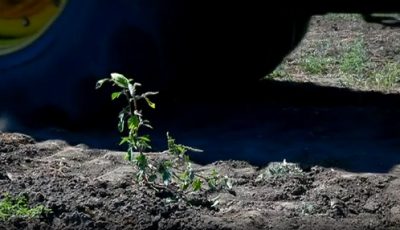
Germination | Bitesize Science
Germination | Bitesize Science
Seeds need the conditions to right in order to be able to germinate.
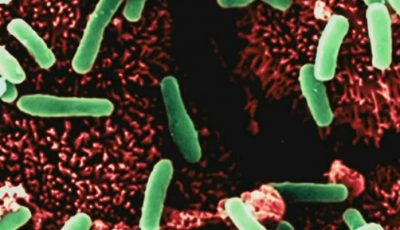
Growing bacteria | Bitesize Science
Growing bacteria | Bitesize Science
Bacteria reproduce by cloning themselves, and in the right conditions can reproduce very quickly.
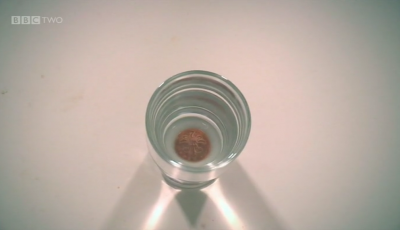
Internal reflection | Bitesize Science
Internal reflection | Bitesize Science
An examination of how light can be internally reflected, and how this is used for carrying information in fibre optic cables.

Newtons laws | Bitesize Science
Newtons laws | Bitesize Science
Newton's laws of motion continue to underpin principles in modern day physics.
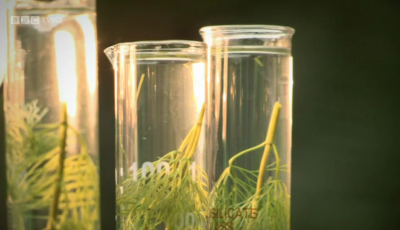
Photosynthisis | Bitesize Science
Photosynthisis | Bitesize Science
Photosynthesis is essential to life on this planet.

Solubility | Bitesize Science
Solubility | Bitesize Science
Solubility is the measure of how much solute can dissolve in a solvent.
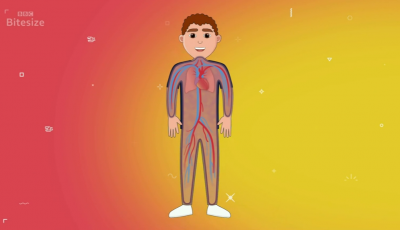
The circulatory system | Bitesize Science
The circulatory system | Bitesize Science
A short guide on the circulatory system.

The feather and the hammer | Bitesize Science
The feather and the hammer | Bitesize Science
Air resistance affects different objects and how they fall differently, just as Galileo suggested.

The force of friction | Bitesize Science
The force of friction | Bitesize Science
Any time one surface moves over another, there is a force of friction.
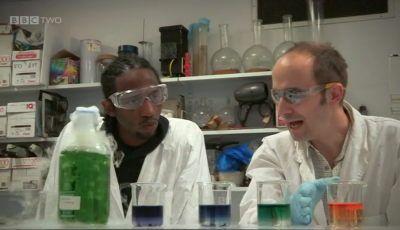
The oceans are changing | Bitesize Science
The oceans are changing | Bitesize Science
Scientists believe that our oceans are becoming more acidic due to the CO2 we are producing being absorbed by the oceans.

The power of invisibility | Bitesize Science
The power of invisibility | Bitesize Science
Light moves at different speeds through different objects, this can make objects appear in a different place to where they actua...

The race is on | Bitesize Science
The race is on | Bitesize Science
The rate of a chemical reaction depends on the temperature, concentration, particle size and any catalysts present.
More resources about Microscopy and Cell Specialisation

03: The Secret of Sex | How to Build a Human
03: The Secret of Sex | How to Build a Human
The precise mechanics of human sexual reproduction are revealed,using new technology to produce previously unseen images.

Death By Design | Horizon
Death By Design | Horizon
The radical notion that each cell in our body is programmed to die has major implications for research into disease and bodily development. This fi...

Making A Microscope | Experiment!
Making A Microscope | Experiment!
In the 14th programme Prof Ian Fells and Carol Vorderman show us how to make our own microscope and how to make a very basic microscope usi...

Miniature Britain
Miniature Britain
Biologist George McGavin goes on a journey around the British Isles to show us the extraordinary little things that are vital to our land. With a revolutio...

Off The Scale | Richard Hammond's Invisible Worlds
Off The Scale | Richard Hammond's Invisible Worlds
The human eye can see extraordinary detail, but the eye of a needle held at arm's length is pretty much at the limit of ou...
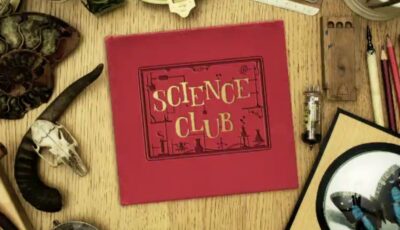
S2E5: Size Matters | Dara O'Briain's Science Club
S2E5: Size Matters | Dara O'Briain's Science Club
Dara and the team reveal why size matters in science and how discoveries large and small are changing the way we view the u...
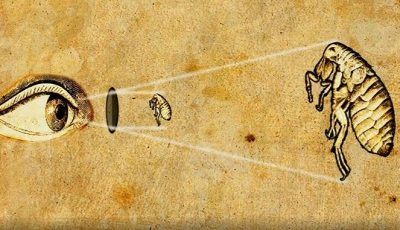
The Invention of the Microscope | The Cell
The Invention of the Microscope | The Cell
Adam Rutherford explains how, in the 1670s, Dutch businessman Anton van Leeuwenhoek revolutionised microscopy by curving a lens mo...
